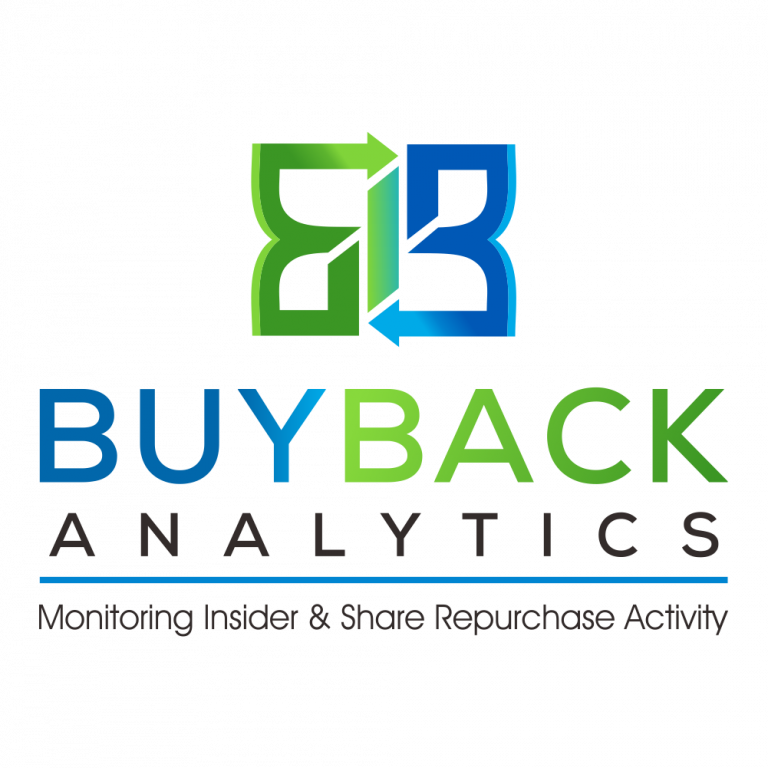Do Share Buybacks Deserve More Regular Scrutiny
UPDATED: April 2022
Do Share Buybacks Deserve More Regular Scrutiny - In 2020, U.S. companies spent $1 trillion to buy back their shares, while they spent $4 trillion to do so between 2008 and 2019. This is raising strong criticism from different quarters in the political sphere, as not only do key Democrats consider it an anathema, but Republicans also proposed to end the preferential tax treatment of share buybacks.
Do Share Buybacks Deserve More Regular Scrutiny
There is no substantial financial and economic difference between the distribution of a special dividend and a share buyback. However, dividends are taxed immediately, while share buybacks induce an unrealized gain until shares are sold, allowing for tax deferral. From a policy perspective, the sudden surge of share buybacks could be explained as an unintended consequence of the recent tax cuts.
Should legislators address stock buybacks? One might argue that U.S. stocks will lose the major support they get from buybacks as the quality of corporate debt deteriorates and economic growth slows. However, regulators may still take a closer look.
Corporations Need Equity Flexibility for Stock Buybacks
The debate on stock buybacks revolves around the greed of corporate management and the spending of money to benefit shareholders rather than the wider economy. However, to assess the validity of these concerns, it is important to look at the economic fundamentals of why share buybacks make sense from a balance sheet standpoint.
In a number of ways, companies manage their equity to maintain the equilibrium between financial stability and their funding cost. Share buybacks create double leverage. They reduce the equity, and they increase the debt or reduce the cash. They have, therefore, a serious impact on the robustness of the balance sheet of companies. If a company decides to increase or decrease its capital, it must be for structural and long-term reasons.
Therefore, a share buyback should occur for structural reasons and a view to the long-term balance sheet. A few key examples of when a share buyback might be sensible are:
- A structural change of a company business model
- An excess of cash on the balance sheet that is unlikely to be deployed by investments or acquisitions
- A structural under-leverage that will not be corrected in the foreseeable future
- A clear desire to create long-term shareholder value
A share buyback is the opposite of an increase of capital needed to finance growth. In a sense, a share buyback recognition that the company doesn't have anything better to do with its money than return it to shareholders.
The Process of Deciding on Buying Back Shares
Buybacks should resonate with a company's views of its financial stability, investments, acquisitions, strategy, and business model. Good governance practices should, therefore, be used in reaching buyback decisions, especially since a buyback can affect the very voting metrics with which it's decided.
A blanket authorization at a company's annual shareholder meeting to the management proposing a share buyback is weak governance. Management should explain the impact of stock buybacks and why the company doesn't need equity for the foreseeable future, despite its growth strategy. The board of directors is rarely presented with such an explanation and tend to assume share buybacks create shareholder value, which is just one of their mandates.
********************
About the Author & How YOU Can Profit: This article is the copyrighted product of the team at BuybackAnalytics.com .
Buyback Analytics is a Top Tier Investing Platform to help investors find, analyze, and profit from investing opportunities not found through traditional investment tools. We specialize in this simple concept: Follow the trades of Insiders - CONSISTENTLY PROFITABLE Traders, Investors, and Institutions because THEY get Inside Information that YOU don't:
LEGAL Insider Trading / Inside Traders (CEOs, CFOs, Corporation's Accountants & Attorneys, Politicians, etc.)
Stock Buybacks (Share Repurchases) by Public Corporations (ie. Apple, Tesla, Netflix, Meta (Facebook), Microsoft, etc.)
Market Moving Institutions (Examples: Market Makers, Investment Banks, Stock Brokerages, Hedge Funds, etc.)
Use of Our Articles: You are welcome to benefit from lots of FREE articles that you can read and learn from on our website blog. You are also welcome to share or post this information as helpful content to your website or blog audience as long as the article, and this entire byline are left intact, word for word. If you would like us to provide you with more, or bulk content for your blog or website to educate your audience on basic to expert financial and investor information & techniques, feel free to contact us at info@buybackanalytics.com .
